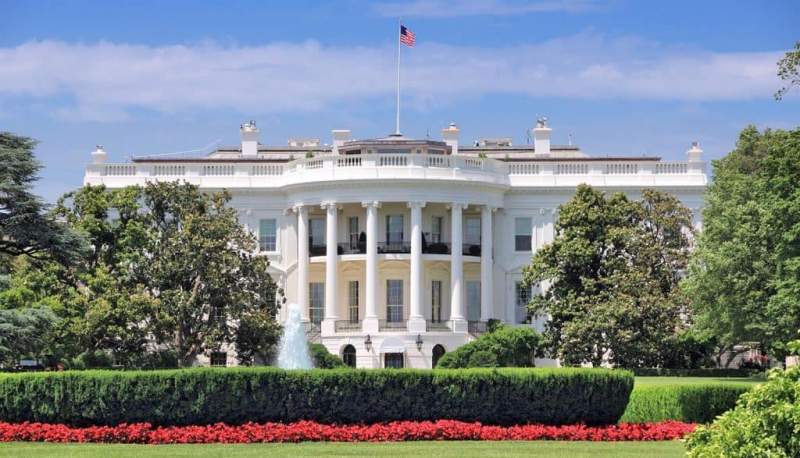White House Cybersecurity Summit Looks to Set Priorities: “Core National Security Challenge” Draws Together Energy, Tech and Finance Companies

Roger Grimes, data driven defense evangelist at KnowBe4, was left feeling optimistic after seeing the outcome of the first real national security meeting of this nature: “Look, I’ve been at this…cybersecurity…for over 34-years. It seems never to get better. Each year is worse than the last. This year for the first time I feel hopeful. I’m not sure if we are going to be better prepared next year than now, but for the first time I think there’s a decent chance that we’ve started to turn the corner. And I don’t say that lightly. It’s been decades of disappointment. But I think ransomware and some of the other social engineering attacks, like multi-million dollar business email compromise (BEC) scams were the tipping point events we needed to finally get the all-hands approach we needed.”
David Gerry, Chief Revenue Officer at NTT Application Security, agrees: “This summit, and resulting commitments and initiatives, mark a positive step in raising awareness of the national cybersecurity attacks proliferating our nation’s private sectors. The summit allows for ideas, best practices, as well as transparency to be shared between technology vendors and government organizations. It’s great to see leaders within the financial and utilities sectors specifically, which have been hit hard this past year, come together to create actionable plans around proactive security strategies.”
Private companies in sensitive industries drafted into defense of national security
The insurance industry has also been included in these discussions, and at least one participant (Resilience) has said that it plans to adopt a set of best practices that policyholders will be asked to adhere to as a condition of their policies. Though this element may not receive as much press coverage, Jason Rebholz (CISO at Corvus Insurance) sees it as perhaps the most productive element of this initial meeting: “It’s a promising sign that insurance was brought to the forefront of the latest White House discussions with private sector leaders about how we can improve our nation’s cybersecurity … Insurance carriers are an essential component in driving the adoption of security controls and technologies across every industry. By incentivizing organizations, insurance carriers can not only create the new standards of security but also help enforce consistency – something that is difficult to do in an ad hoc manner. Insurance carriers become an ally and force multiplier for organizations of every size by delivering access to more affordable security solutions that don’t compromise on quality. Organizations that partner closely with their cyber insurance carrier will, by and large, be better equipped to protect themselves against the emerging cyber threat landscape.”
The subject of mandates for private industry was not broached during the cybersecurity summit, but press secretary Jen Psaki fielded a question about it from reporters afterward. Psaki appeared to turn that responsibility over to Congress, saying that the administration would review any proposals for national security purposes that cleared the legislative process. The cybersecurity summit also seemed to steer clear of discussing punitive measures or attempts to “hack back” when rival nations are harboring attackers that threaten national security.




